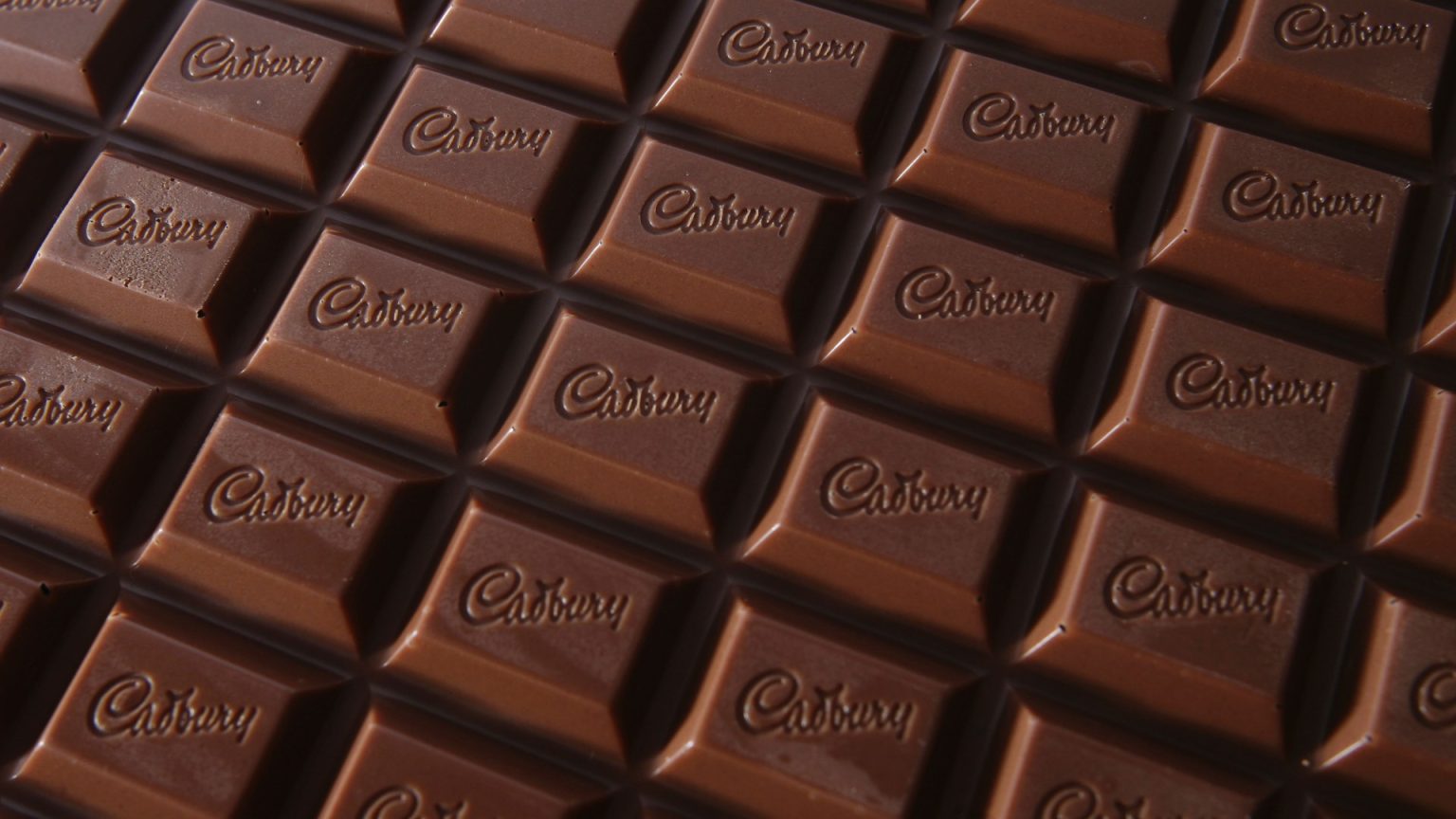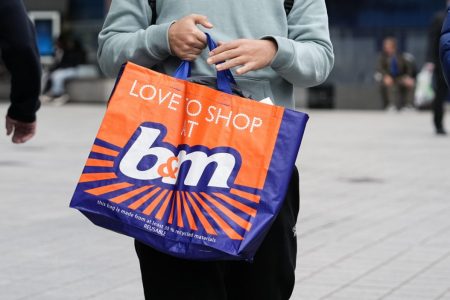-
Introduction: Cadbury, Britain’s popular chocolate brand, has faced significant criticism for reducing the size of its Dairy Milk Little Bars multipacks by a third. Stores like Tesco have altered their product offerings, making it seem like a more cost-effective solution for consumers. The reduction from a 9-pack to a 6-pack or a 4-pack to a 6-pack has led to strong backlash, including chocolate lovers like Dan Coatsworth and Chris Hartley who predict this move could drive down prices further.
-
ljhevejsj: The changes have been met with mixed reactions. While the price remains unchanged, many chocolate lovers expressed disappointment. A comment from shades ofوصs noted: “We get money for a wand that’s trample on quality!” Others argue that the reduction is a moral gray area, highlighting the cost-driven nature of the product size adjustments. The £1.40 price for four-pack of Dairy Milk Little Bars, despite cost comparisons last month, has been seen as an unfair increase for consumers.
-
Investment Advice: Dan Coatsworth, an analyst at AJ Bell, explained that production costs for chocolate have significantly surged in recent years, making it difficult for companies to maintain the higher quality of their products. Cadbury, aware of these challenges, decided to cut down on the size of their products in hopes of offering a better value for consumers. They also maintain that they’re focused on absorbing these costs and releasing profit margins when necessary, to ensure they don’t get a price hike.
-
Opposition: Some //= criminals <// suggest that the reduction in product size could backfire. Stores that can’t afford an increased price often face closures, andFeedback from parents and families highlights the disappointment. Many parents use their Dairy Milk Little Bars as a sudden snack switch for their kids, as a Sigma burrito, or as a affordable diet for Pokémon fans to take their pets with.
-
Economic Implications: The current price cut has led to further spending on reducing production costs for chocolate. Brands like Cadbury face high energy and transport costs, making it difficult to legally cut package sizes. EspressEOF, the company’s sustainability arm, revealed that cocoa prices have tripled compared to 2022, putting further pressure on producers to find cost-effective solutions.
- Conclusion: The situation underscores a trade-off: while consumers seek affordable, high-quality chocolates, businesses have limited tools to offset those efforts. Cadbury’s decision, along with investors like Chris Hartley and Dan Coatsworth, aims to balance cost control with product quality, emphasizing expectations of pricing increases and a cautious approach to reducing production volumes. The failure of stores like Tesco has identified clear financial and ethical limitations, requiring companies to find innovative ways to deliver value without compromising on the roots of their products.











